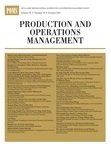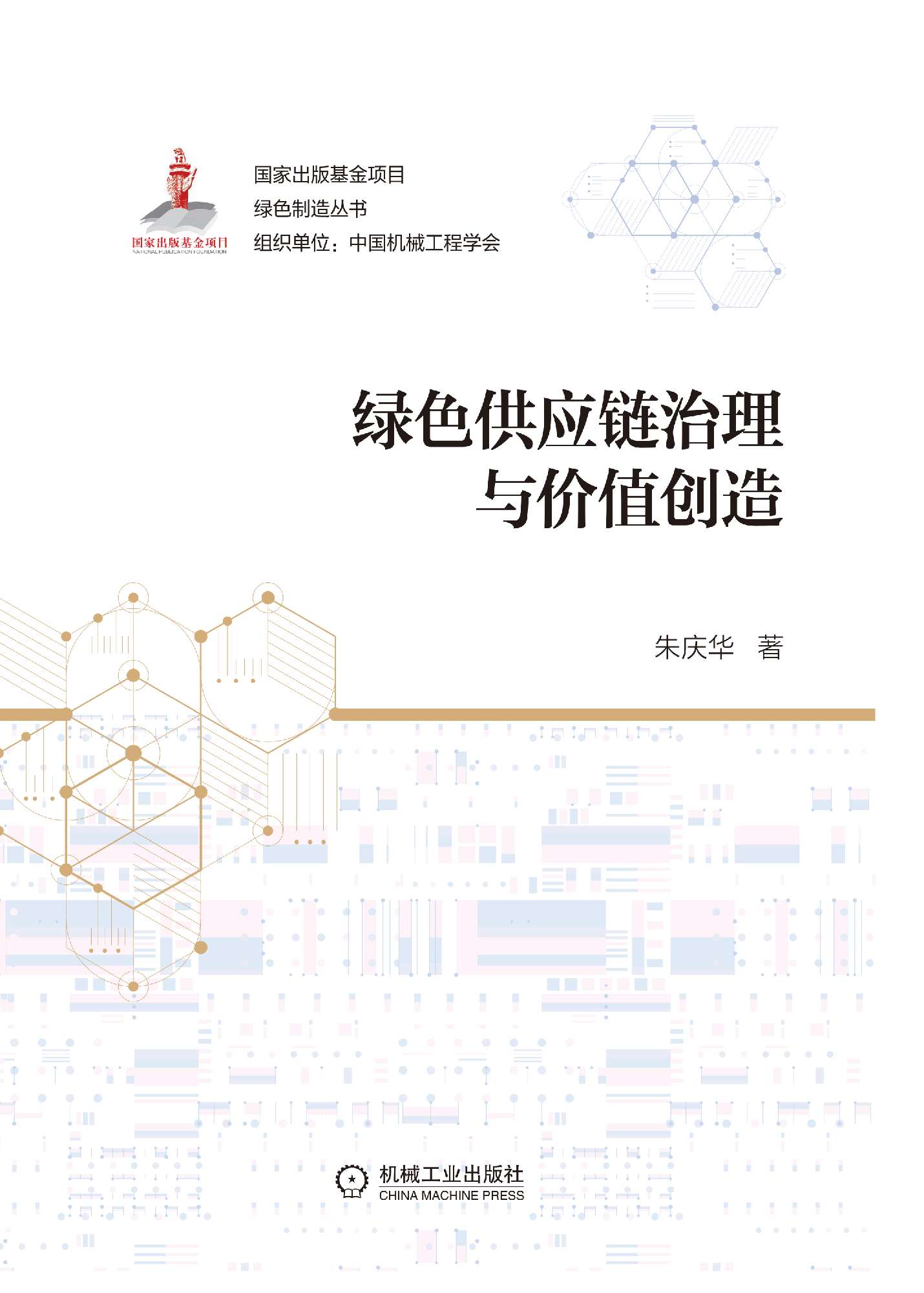Publications
Articles View More
-

CSR orientation incongruence and supply chain relationship performance—A network perspective
Firms’commitment to corporate social responsibility (CSR) can be a crucial factor in supply chain partnerships. This study examines the effect of CSR orientation incongruence on relationship performance. Drawing on the congruence theory literature, we posit that a firm's relationship performance may suffer when there is incongruence between the levels of CSR orientations of supply chain partners. Furthermore, we adopt a network perspective and argue that certain characteristics of a firm's egocentric social network (i.e., network centrality and network diversity) may moderate the linkage between CSR orientation incongruence and relationship performance. Our empirical study, which is based on dyadic data, indeed reveals that a firm's relationship performance is adversely affected when the firm and its major supply partner have incongruent levels of CSR orientations. Such a negative effect is moderated by the firm's egocentric social network. Specifically, the negative impact of incongruent CSR orientation is heightened if the firm occupies a central position in the egocentric network. Network diversity, however, plays a contrasting role as a firm's relationship performance may be less susceptible to incongruent CSR orientations when there is access to a diverse social network.
-

Constant Job-Allowance Policies for Appointment Scheduling: Performance Bounds and Numerical Analysis
We consider the classical appointment scheduling problem that does not have a session length constraint. The decision is to determine job allowances to minimize total expected weighted costs of waiting times of jobs and idle times of the service provider. In particular, we study a simple yet effective scheduling policy-the so-called "constant" policy, which allocates a constant job allowance for each appointment. Prior studies on appointment scheduling suggest a "dome"-shaped structure for the optimal job allowance over the planning horizon. This implies that job allowance does not vary significantly in the middle of the schedule sequence, but varies at the beginning as well as the end of the optimal schedule. We show that an even simple scheduling policy-the constant policy, is asymptotically optimal thus provide theoretical justification for such a widely used policy. Using a dynamic programming formulation, we express each job's waiting time as the maximum of a random walk, which allows us to bound the performance gap between the constant policy and the optimal schedule based on classical results on D/G/1 queues. We derive an explicit upper bound for the performance gap when either of the following conditions holds: (i) the server idling cost is relatively small compared to the job waiting cost, and (ii) the number of appointments is sufficiently large. We also extend this result to a more general setting with multiple service types. Numerical experiments show that the constant policy is near optimal even when the number of appointments is small or when the server idling cost is moderately large, which complements our theoretical results. Our result provides a justification and strong support for the constant policy under certain mild conditions. Moreover, with minor modifications, the constant policy can be adapted to more general scenarios with patient no-shows, or with heterogeneous appointment types.
-

Estimation of a SAR model with endogenous spatial weights constructed by bilateral variables
autoregressive (SAR) model with spatial weights constructed by bilateral variables like the trade or investment between regions. We model the possible endogeneity in spatial weights due to the correlation between the error term in the SAR model and unobserved interactive fixed effects in bilateral variables. Using a control function approach, we propose two-stage estimation methods and establish their consistency and asymptotic normality. Finite sample properties are investigated by a Monte Carlo study. We further apply our method to an empirical study of interactions among different US industries through production networks. (c) 2020 Elsevier B.V. All rights reserved.






